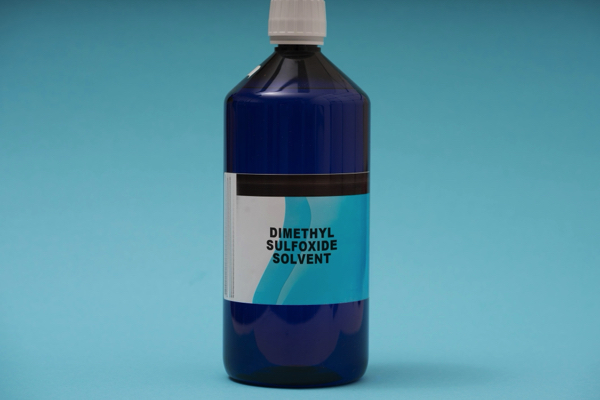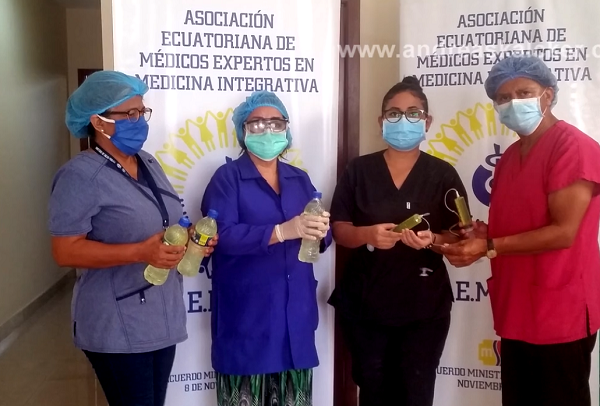Are you due for a tetanus shot? First, learn about the TRUE history, risks and alternatives
06/04/2025 / By Willow Tohi

- Tetanus’s decline is due to sanitation and societal changes, not vaccines.
- Hidden risks: Aluminum, formaldehyde and milk proteins in tetanus vaccines cause severe reactions.
- Tetanus vaccines given to pregnant women lack adequate safety evidence; key studies exclude miscarriage data.
- Vitamin C shows promise in reducing tetanus mortality, but further research is needed.
- Financial motives and populations control fears taint vaccine policies.
The Centers for Disease Control and Prevention (CDC) recommends tetanus boosters every decade, but a growing body of evidence calls into question both the necessity and safety of these inoculations. Recent investigations reveal that tetanus’s historical decline was due largely to improved sanitation, not vaccines, while ingredients like aluminum and cow’s milk proteins raise alarms about severe reactions, including anaphylaxis. Further unsettling revelations — such as the lack of safety studies for pregnant women and claims of population control schemes — paint a troubling picture of financial and ethical overreach. For those weighing vaccination choices, the risks versus benefits demand urgent scrutiny.
The myth of vaccine-driven progress: Tetanus’s decline began long before shots
In 1870s America, tetanus infected farmers and laborers via exposure to horse manure-laden streets. By the 1940s, deaths had already plummeted — not because of vaccines, but due to the rise of automobiles, which reduced manure pollution, and advancements in sewers and clean water systems. According to Marcella Piper-Terry, author of Let’s Talk About Tetanus, “The reduction in tetanus cases had more to do with modernization than needles.”
Vaccines were introduced in the late 1940s, but by then, fatalities were minimal. A review of historical data from the 1970s shows that 40% of children were unvaccinated, yet infection rates remained low. The World Health Organization (WHO) now notes that tetanus boosters for adults are unnecessary, but the CDC continues recommending them every decade — a stance critics argue prioritizes profit over science.
Toxic ingredients, deadly reactions: What’s truly in “preventative” shots
Tetanus vaccines — DTaP (for children), Tdap (adults) and DT (adults) — contain alarming additives. Piper-Terry highlights aluminum (up to 530 micrograms per dose), formaldehyde and polysorbate 80. All formulations are cultured in cow’s milk protein, warns the FDA, a component linked to severe allergic reactions.
VAERS data reveals over 3,200 reported deaths post-tetanus vaccination, though researchers estimate only 1% of adverse events are reported. Piper-Terry recounts her own daughter’s near-fatal anaphylactic shock from Tdap, despite a known milk allergy undetected by her pediatrician. A 2011 study confirmed milk proteins in DTaP vaccines cause anaphylaxis in susceptible individuals — a risk never adequately addressed.
Pregnant women left in the dark: Safety studies driven by dollars, not science
The CDC recommends Tdap during every pregnancy to “protect” infants from pertussis. Yet, Piper-Terry’s analysis of vaccine trials exposes shocking omissions. A pivotal 2020 study excluded 189,768 miscarriages or stillbirths linked to Tdap administration, citing “resource limitations.” With annual sales of $190 million for pregnancy Tdap injections, the conflict of interest becomes stark — the same pharmaceutical firms fund the research.
Dr. Carrie Madej and others connect tetanus vaccines to population control, citing a 2014 UNICEF campaign in Kenya where tetanus shots tested positive for human chorionic gonadotropin (hCG), a chemical linked to miscarriage and infertility. “Why is the U.S. pushing Tdap in pregnancy without proof of safety?” asks Piper-Terry. “The numbers suggest profit trumps people.”
A natural cure in plain sight: Vitamin C as a tetanus treatment alternative
Despite the CDC’s claim that tetanus has “no cure,” a 1996 Bangladesh study found IV vitamin C reduced mortality by 100% in children and 45% in adults. Piper-Terry argues doses were “likely too low” for efficacy in older patients. Though the Cochrane Review deems the study “poorly reported,” it raises questions about mainstream medicine’s dismissal of affordable, non-toxic alternatives.
The tetanus “vaccine gap” – History repeats when science is silenced
From horse manure-choked streets to today’s billion-dollar vaccine markets, tetanus’s history mirrors a broader struggle over public health priorities. “We’re repeating 19th-century mistakes: blaming individuals instead of systemic factors like sanitation,” says Piper-Terry. As IV vitamin C trials languish and fertility-harming additives resurface, the urgent question remains: Who profits from fear, and who pays the cost?
For the modern parent or expecting mother, the choices are clear — but the answers, it seems, have been buried beneath layers of profit and silence.
Sources for this article include:
Submit a correction >>
Tagged Under:
. vaccines, Big Pharma, Censored Science, depopulation, health freedom, health science, ingredients, pharmaceutical fraud, poison, tetanus, toxins, truth, vaccine damage, vaccine death, vaccine injury, vaccine wars
This article may contain statements that reflect the opinion of the author





















